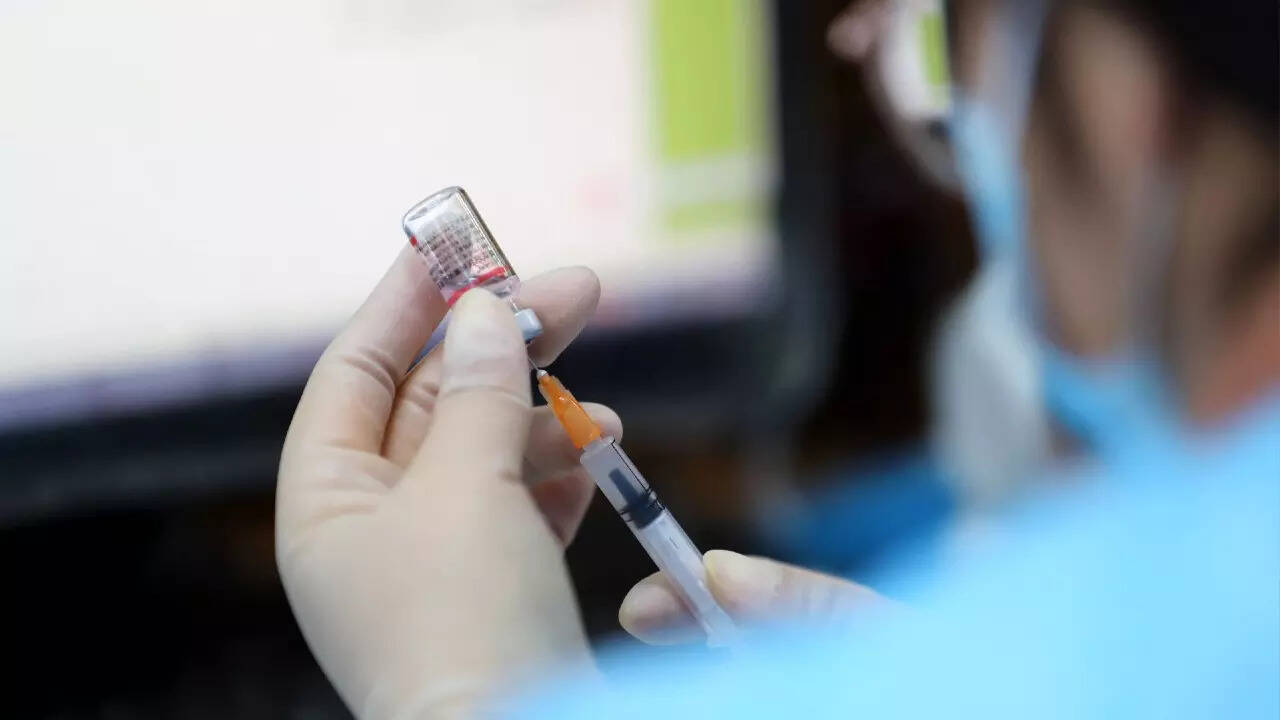- Pharma
- 2 min read
30% individuals lose vaccine-acquired immunity after six months: Study
The study showed that individuals above 40 years of age with diabetes and hypertension may be at a higher risk of developing SARS-CoV-2 infection, hinting towards their inclusion in vulnerable groups for a booster dose after six months.

Elucidating on the incentive behind the research in view of rising cases,Dr D Nageshwar Reddy, Chairman, AIG Hospitals said, “We are seeing a surge of infection across the country. Fortunately, the severity of the disease is mild because of multiple factors including the effect of vaccination, the intrinsic character of the variant itself, and natural immunity amongst the population. However, we need to devise strategies that can ensure minimal spread and protect as many people as possible. The study aimed to understand the effectiveness of current vaccines over the long-term and see if there are specific population demographics who need a booster at the earliest.”
Researchers involved in the study measured the IgG anti-S1 and IgG anti-S2 antibodies to SARS-CoV-2 in the 1,636 individuals being studied. Those who had antibody levels less than 15 AU/ml were considered antibody negative, which meant that they didn’t develop any protective immunity against the virus.
Further, it was estimated that an antibody level of 100 AU/ml is the minimum level for protection against the virus, which meant that any individual with less than 100 AU/ml antibody level is susceptible to getting infected.
Of the 1,636 study participants, 93% (1,519/1,636) had received Covishield, 6.2% (102/1,636) received Covaxin (n=102), and <1% (13/1,636) had received Sputnik vaccine.
The results indicated that the level to which immunity wanes is directly proportional to the age of the individual, highlighting that younger people had sustained antibody levels in comparison to the elderly population.
The study also showed that people above 40 years with co-morbidities like hypertension and ddiabetes had significantly less antibody response after completing six months from the second dose. The study showed that individuals above 40 years with diabetes and hypertension may be at a higher risk of developing SARS-CoV-2 infection, hinting towards their inclusion in vulnerable groups for a booster dose after 6 months.
Drawing recommendations from the results obtained in the study, Dr. Reddy who was amongst the researchers said, “At present, the nine month gap for prevention dose benefits 70 percent of the population who can retain enough antibody levels beyond six months. However, considering the scale of our country, the 30 percent of people especially those with comorbid conditions like hypertension, diabetes, etc., who are more prone to develop an infection after six months of getting fully vaccinated should also be considered for the prevention dose.”



COMMENTS
All Comments
By commenting, you agree to the Prohibited Content Policy
PostBy commenting, you agree to the Prohibited Content Policy
PostFind this Comment Offensive?
Choose your reason below and click on the submit button. This will alert our moderators to take actions